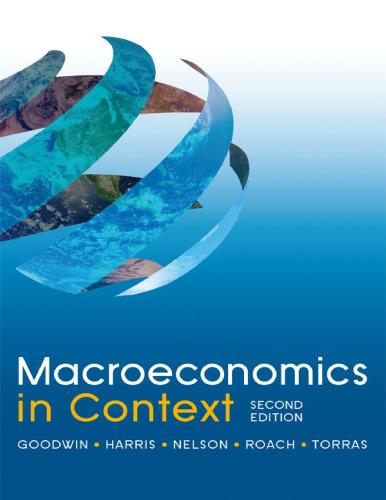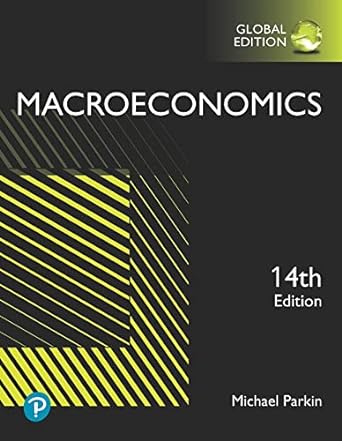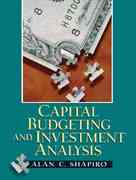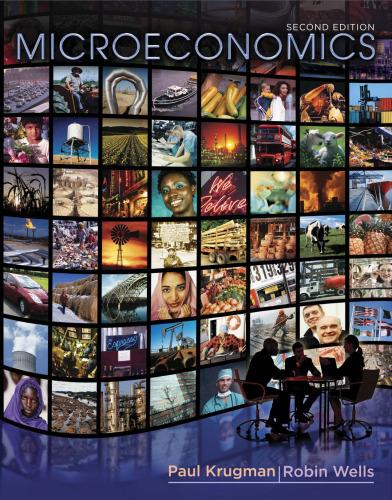Go back


Macroeconomics In Context(2nd Edition)
Authors:
Neva Goodwin, Jonathan Harris, Julie A. Nelson, Brian Roach & Mariano Torras

Cover Type:Paperback
Condition:Used
In Stock
Shipment time
Expected shipping within 2 DaysPopular items with books
Access to 30 Million+ solutions
Free ✝
Ask 50 Questions from expert
AI-Powered Answers
✝ 7 days-trial
Total Price:
$0
List Price: $6.87
Savings: $6.87(100%)
Solution Manual Includes
Access to 30 Million+ solutions
Ask 50 Questions from expert
AI-Powered Answers
24/7 Tutor Help
Detailed solutions for Macroeconomics In Context
Price:
$9.99
/month
Book details
ISBN: 9780765638748
Book publisher: Routledges
Get your hands on the best-selling book Macroeconomics In Context 2nd Edition for free. Feed your curiosity and let your imagination soar with the best stories coming out to you without hefty price tags. Browse SolutionInn to discover a treasure trove of fiction and non-fiction books where every page leads the reader to an undiscovered world. Start your literary adventure right away and also enjoy free shipping of these complimentary books to your door.
Book Summary: Macroeconomics began as the study of large-scale economic pathologies such as prolonged depression, mass unemployment, and persistent inflation. In the early 1980s, rational expectations and new classical economics dominated macroeconomic theory, with the result that such pathologies can hardly be discussed within the vocabulary of the theory. This essay evolved from the authors' profound disagreement with that trend. It demonstrates not only how the new classical view got macroeconomics wrong, but alsohow to go about doing macroeconomics the right way. Hahn and Solow argue that what was originally offered as a normative model based on perfect foresight and universal perfect competition--useful for predicting what an ideal, omniscient planner should do--has been almost casually transformed into a model for interpreting real macroeconomic behavior, leading to Panglossian economics that does not reflect actual experience. Following an explanation of microeconomic foundations, chapters introduce the basic elements for a better macro model. The model is simple, but combined with the appropriate model of the labor market it can say useful things about the fluctuation of employment, the correlation between wages and employment, and the role for corrective monetary policy.
Customers also bought these books
Frequently Bought Together
Top Reviews for Books
Kwame Kyei Danquah
( 5 )
"Delivery was considerably fast, and the book I received was in a good condition."










